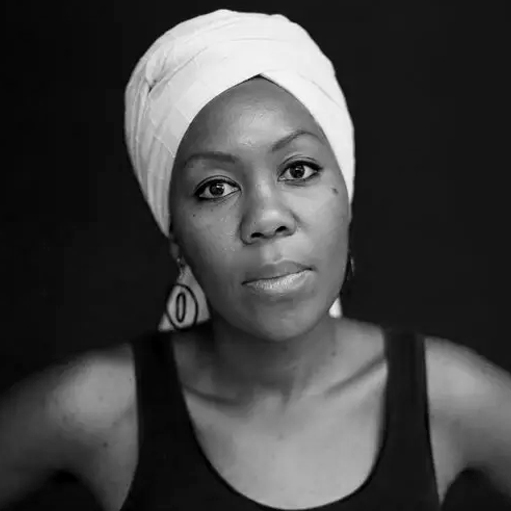The events of the past year have clearly demonstrated our collective ability to respond to an emergency-level global threat. Throughout the COVID-19 pandemic, we have seen governments of all persuasions demonstrate an ability to work constructively in a mostly bipartisan fashion, while delivering timely, coordinated action at an unprecedented scale. Without the commitment to enter into a period of emergency mode by nations, their citizens and the private sector, the spread of COVID-19 could not have been controlled. Activating an emergency-level response has been critical to the success of dealing effectively with the level of threat posed, with nations who moved early preventing more deaths and developing greater resilience against the impacts. For years the political barriers to meaningful climate action have appeared firmly entrenched, but the global response to the pandemic has demonstrated new social and political possibilities for an unprecedented level of action that would have been seen as impossible only a year ago. What do the unique events of the past year teach us? What aspects of this unparalleled response could be activated to help deal with the climate emergency? Due to the recent increase in Covid risk this forum will be live streamed only. No in-person attendance will be permitted. Please use the live stream link for the event. Seth Klein – Founder and Former Director, Canadian Centre for Policy Alternatives Moderated by Jo Lauder – Journalist & ABC Broadcaster
A HIGHER RESOLUTION
FOR THE CLIMATE EMERGENCYFORUM 2
PANDEMONIUM
Sisonke Msimang – Writer & Commentator
Philip Sutton – RSTI, Strategy Analyst, Breakthrough National Centre For Climate Restoration
Stephen Duckett – Director of the Health Program, Grattan InstituteSPEAKERS






